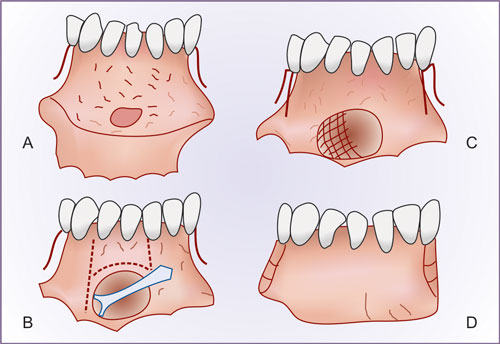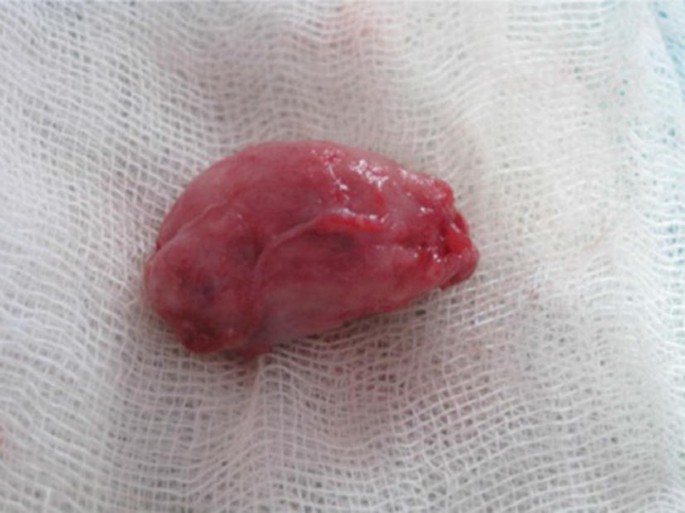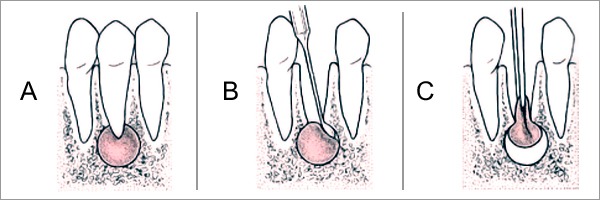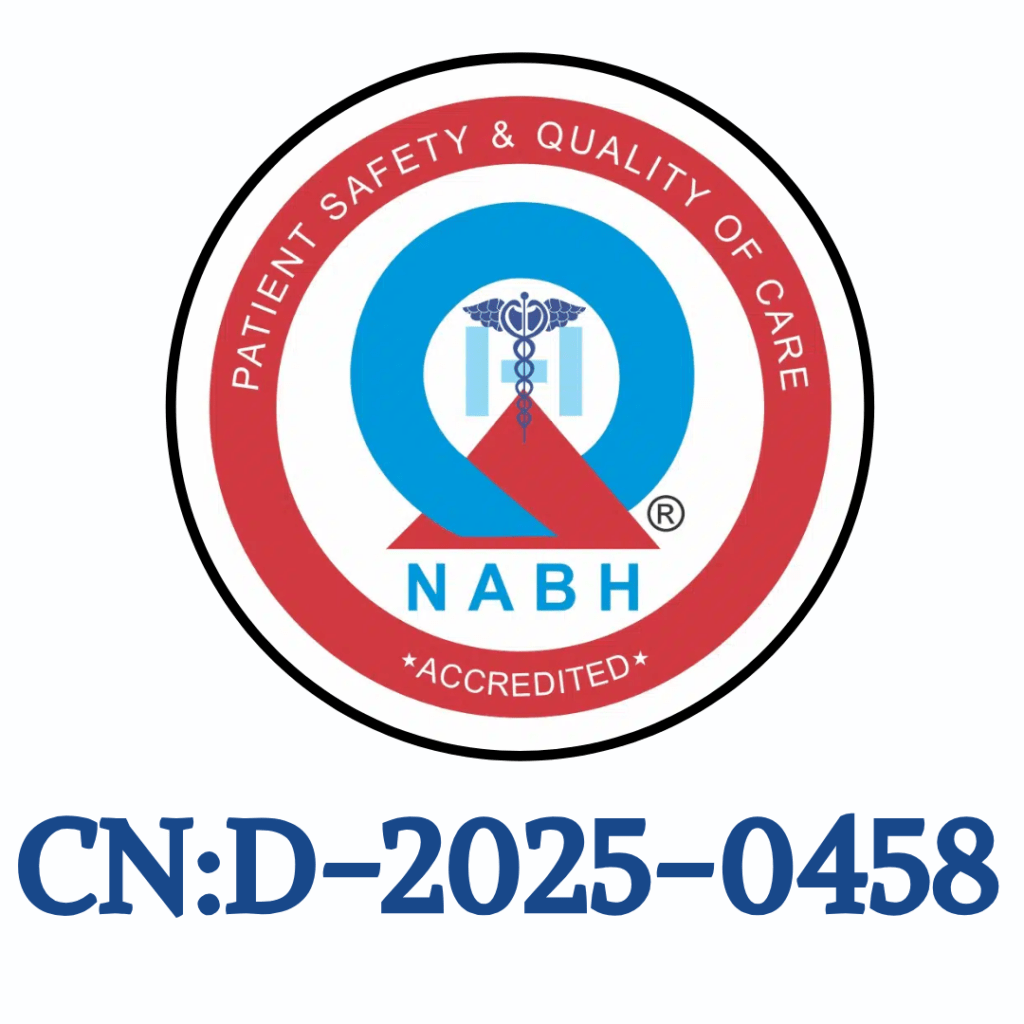WHAT IS ENUCLEATION?
Enucleation is a surgical procedure where something is completely taken out from a specific area of the body. It’s often used in medical contexts, such as removing an eye or a tumor from a part of the body.





| THE PROCESS OF ENUCLEATION:
- Preparation: Before the surgery, the patient is usually given anesthesia so they don’t feel any pain during the procedure.
- Removal: The surgeon carefully removes the part of the body that needs to be taken out. This could be an eye or a tumor, depending on the situation.
- Closing: After removing the part, the surgeon closes up the area where it was taken out. This might involve stitching up the wound to help it heal properly.
| RECOVERY AFTER ENUCLEATION:
After the surgery, the patient needs time to recover. This might involve:
- Taking a break and allowing yourself to relax for some time.
- Following any specific instructions given by the doctor to help the healing process.
- Keeping the area clean and avoiding any activities that might strain it.
| CONCLUSION:
Enucleation might seem like a complex procedure, but it’s simply about removing something from the body to improve health and wellbeing. Whether it’s removing an eye due to injury or taking out a tumor to prevent further harm, enucleation can be an important medical tool in helping people feel better and stay healthy.
FAQ
Most frequent questions and answers
During the surgery, you’ll be under anesthesia, so you won’t feel any pain. Afterward, there might be some discomfort, but your doctor will give you pain medication to help manage it.
Enucleation is a surgical procedure where an eye is removed from its socket. This is usually done when the eye is very damaged or has a serious disease that can’t be treated.
After surgery, you might have some discomfort and swelling around the area where your eye was removed. Your doctor will give you instructions on how to care for the area and manage any pain.
Recovery time can vary from person to person, but it usually takes a few weeks for the swelling and discomfort to go down. Your doctor will schedule follow-up appointments to check on your healing progress and make sure everything is going well.
Yes, you should still be able to see with your other eye after enucleation. The surgery only removes one eye, so your vision in the other eye should not be affected.


